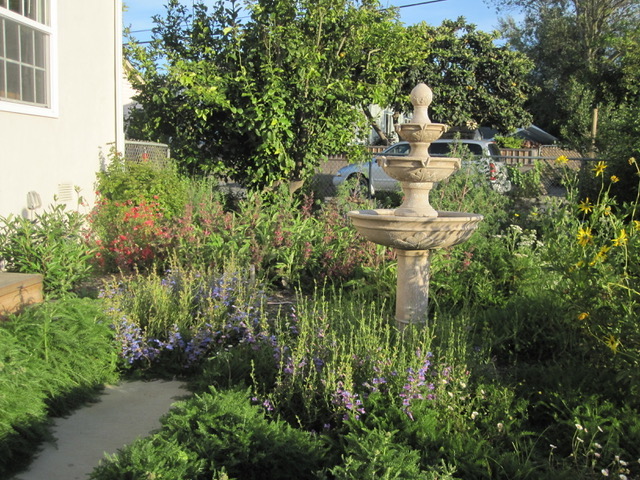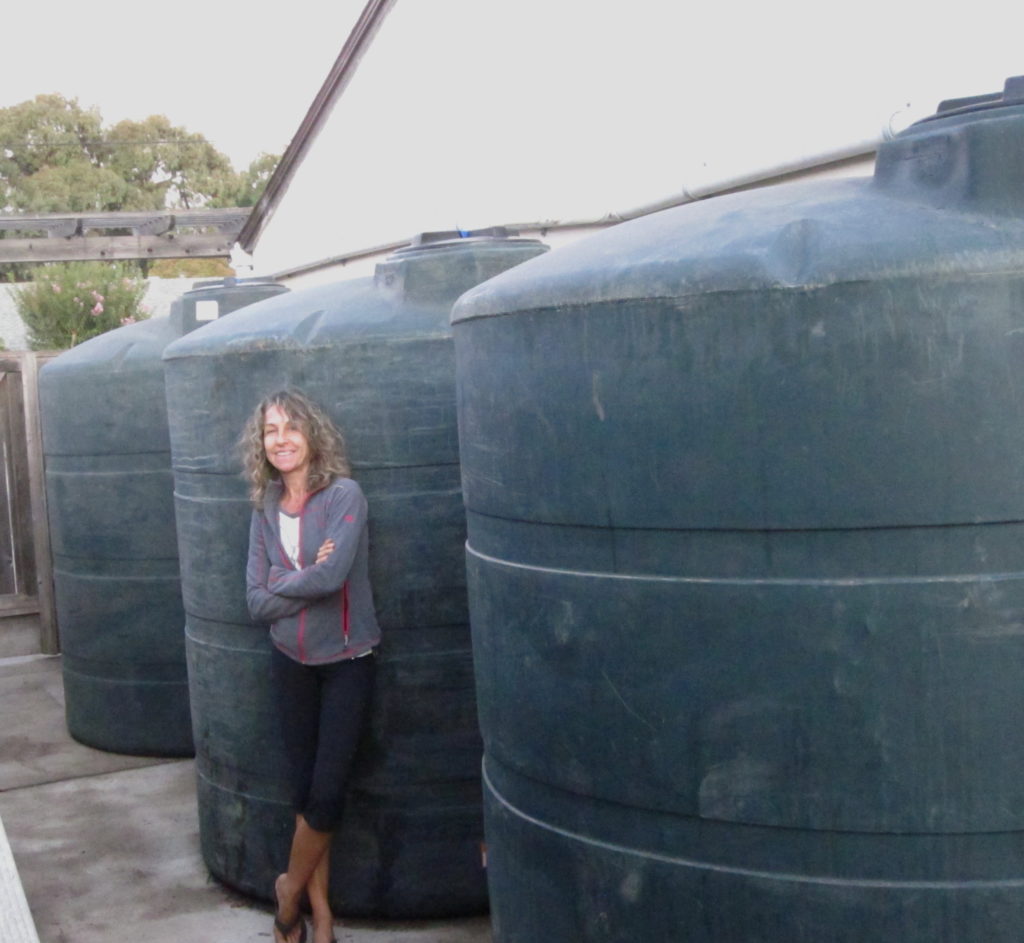On a recent chilly early Monday morning in March, Stef and I were conducting spot checks* for our client, Livermore Recycles. In a single lid-flipping morning, we walk several miles and record data on approximately 200 residential trash/recycling/composting set-outs. I flip the lid on each cart and call out what I see while Stef records the data on her clipboard.
On this morning, a pattern was beginning to emerge. From the compost cart we could tell folks were definitely working on their gardens and yards this time of year AND some of them were confused about where their nursery pots and mulch bags should end up. Unfortunately, film plastics such as mulch bags and those black flimsy pots belong in the trash – we found several set-outs where these items were contaminating the organics cart and the recycling cart.
As a result of seeing this in the field on Monday, and verifying with the team that this continued throughout the week, we were able to create a social media post prior to the next weekend to let Livermore residents know:
We were quite pleased when we saw the comments and likes come in:
I’d call that a Gigantic success and a good example of how we can act upon what we see is needed in a short amount of time.
*Gigantic Idea Studio, has been flipping lids in Livermore twice a year (Spring and Fall since 2017. This involves early morning starts to stay ahead of the Livermore Sanitation trucks as we flip lids on approximately 1,000 setouts during a single week. The data is collected, reviewed and reported back to the client, along with recommendations for messaging specific to Livermore residents’ needs.




